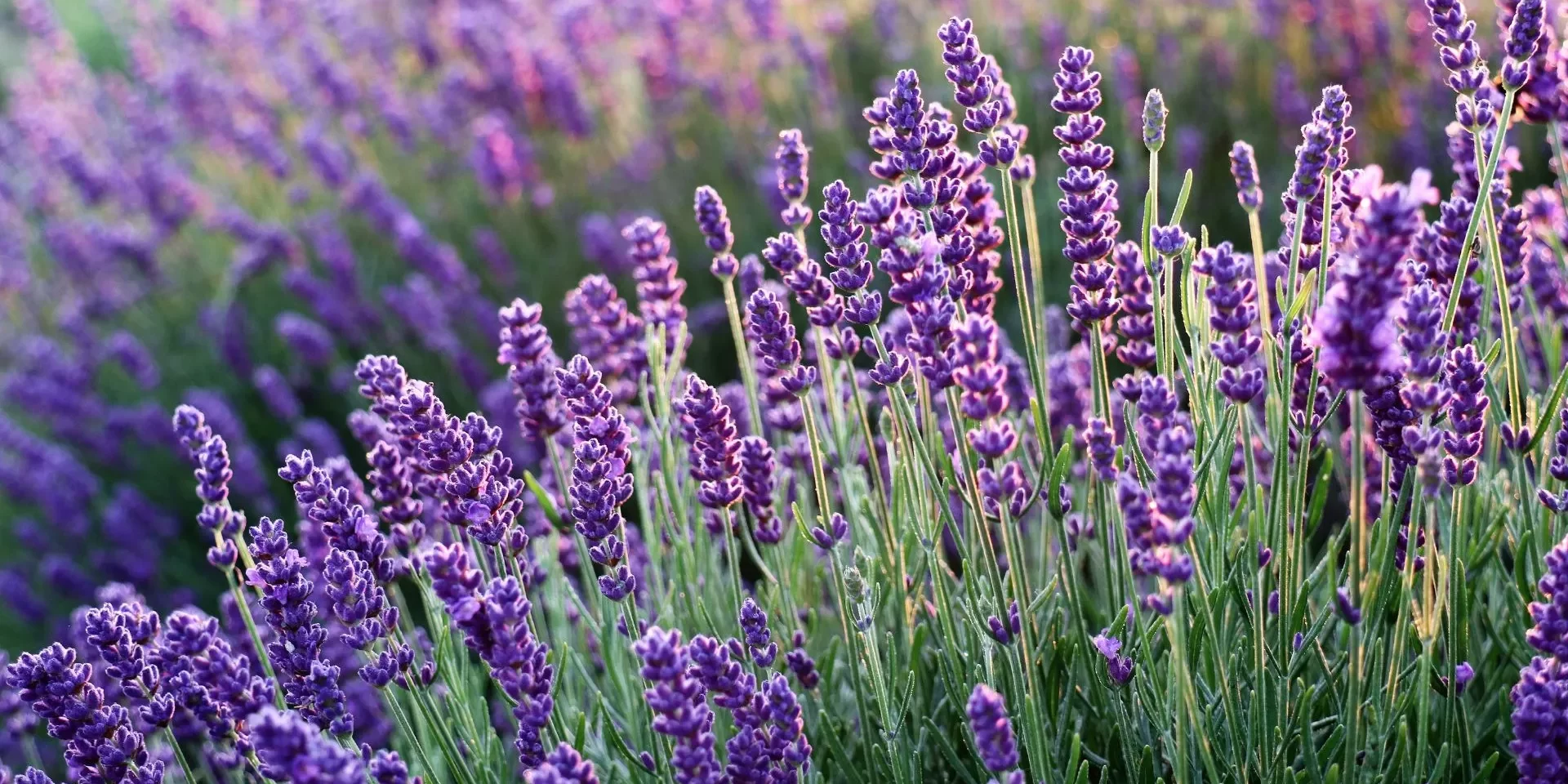Anxiolytic Effects of Lavender: A Summary of Scientific Reviews for the Treatment of Anxiety
Lavender (Lavandula angustifolia) is an aromatic plant known for its relaxing and calming properties.
This article aims to present a systematic synthesis of existing scientific reviews examining the effects of lavender on anxiety in humans.
To achieve this goal, the researchers meticulously searched several databases, including ISI Web of Science, Scopus, PubMed, Embase, Cochrane Library, CINAHL, Google Scholar, and PROSPERO. The search covered a period through August 2022 and imposed no language or publication date restrictions, thus ensuring the inclusion of the most recent and complete systematic reviews.
After screening, the researchers identified thirty systematic reviews that met the inclusion criteria. Fifteen of these reviews had conducted meta-analyses, a statistical approach of combining the results of independent studies to obtain a more precise estimate of the overall effect of lavender on anxiety.
Both the route of administration and the doses of lavender were carefully examined. The results showed that inhalation, massage and oral intake of lavender showed promising anxiolytic effects. In particular, oral doses of 80 mg and 160 mg were both found to be effective, with the higher dose appearing to be the most efficient. These results may be useful for physicians who wish to prescribe the right dose of lavender to patients with anxiety symptoms.
In addition, the researchers noted that the lavender studies were conducted on a wide range of subjects, including preoperative patients, cardiovascular patients, hemodialysis patients, oncology patients, dental patients, and prepartum women. This diversity of participants suggests that lavender might be useful for managing anxiety in different medical situations.
In order to assess the quality of the systematic reviews included in the study, the researchers used the AMSTAR II, a widely accepted tool for critically evaluating systematic reviews. This assessment found that four studies were considered to be of high quality, one of medium quality, and the others were judged to be of low or critically low quality. This suggests that while some reviews provided a reliable assessment of the anxiolytic effects of lavender, others may be less reliable or suffer from methodological limitations.
An important note regarding safety: no major adverse events related to lavender use were reported in the studies included in this summary. However, it is always prudent to consider potential side effects and carefully monitor patients during lavender treatment.
In conclusion, the evidence presented in this study suggests that lavender has promising potential as a treatment for anxiety in a variety of medical situations. The choice of route of administration (inhalation, massage, or oral) can be adjusted according to the patient’s needs, with oral intake appearing to be the preferred option for long-term treatment and inhalation may be recommended for short-term relief.
However, it is important to note that further well-designed and controlled research is needed to confirm and further investigate these findings, as well as to better understand the mechanisms underlying lavender’s anxiolytic effects.
If your company wants to develop and/or produce a product to treat anxiety
Source: Shamabadi, Ahmad & Hasanzadeh, Alireza & Ahmadzade, Ali & Ghadimi, Hamidreza & Gholami, Mostafa & Akhondzadeh, Shahin. (2023). The anxiolytic effects of Lavandula angustifolia (lavender): An overview of systematic reviews. Journal of Herbal Medicine. 40. 100672. 10.1016/j.hermed.2023.100672.





